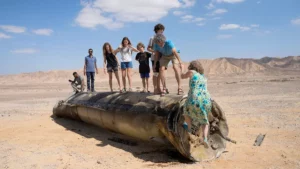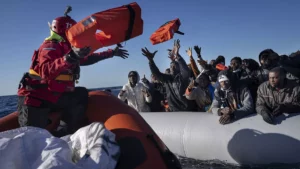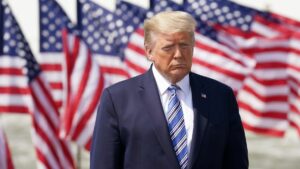France Torn Between Morocco and Algeria
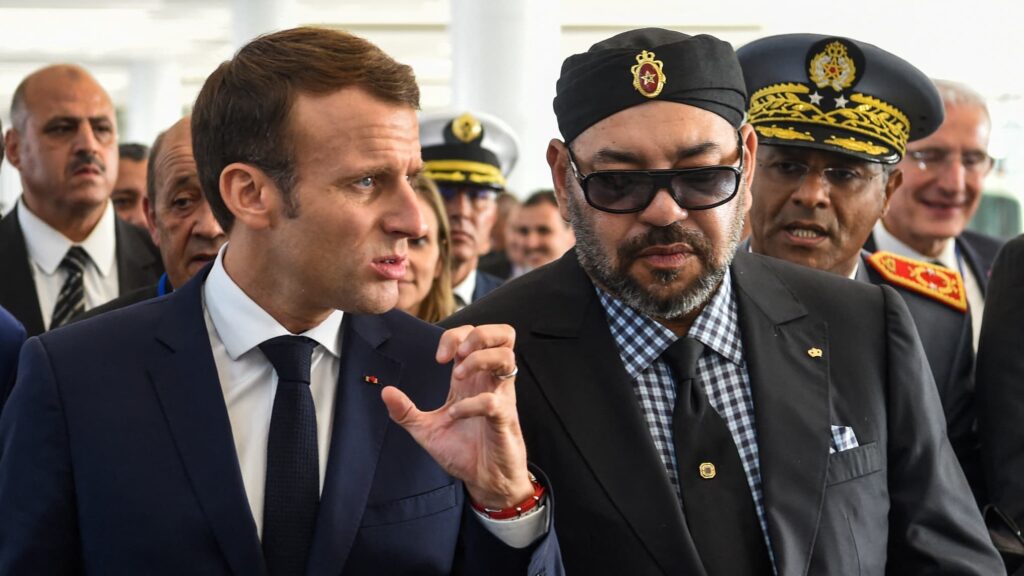
Following the devastating earthquake in the High Atlas Mountains on September 8, 2023, which resulted in thousands of fatalities and the destruction of numerous villages, Morocco declined an offer of emergency aid from France.
This refusal was the starkest indication yet of the deepening diplomatic rift between France and its former protectorate. For most of 2023, the Moroccan embassy in Paris had been without an ambassador. In March, in response to an attempt by French President Emmanuel Macron to de-escalate tensions, a Moroccan official stated that the “relationship is neither friendly nor good, neither between both governments nor between the Royal palace and the Elysee” – a straightforward, undiplomatic slap in the face of the old power.
To understand the roots of the growing chill in Franco-Moroccan relations, besides recent public disputes, one must consider Morocco’s shifting alliances, France’s diplomatic challenges and both nations’ interactions with Algeria. The disruption of the longtime friendship between France and Morocco likely reflects new geopolitical trends, as evidenced by Paris’ diminishing influence in Mali, Burkina Faso and Niger.
Morocco’s metamorphosis
Morocco’s transformation under the reign of King Mohammed VI – who acceded to the throne in July 1999 after the death of his father, King Hassan II – is striking. From 2000 to 2021, gross domestic product (GDP) per capita has more than doubled, soaring from $1,492 to $3,795. The United Nations Development Programme reports that between 2011 and 2018, the kingdom halved its multidimensional poverty index.
Cities like Tangiers or Casablanca have become modern economic powerhouses thanks to a business-friendly climate, strategic international alliances that draw in foreign direct investment (FDI) and massive efforts to improve youth education. Morocco is steadily establishing itself as an African hub, leveraging its prime position bordering both the Atlantic Ocean and the Mediterranean Sea and increasingly pivoting toward the African continent.
France has benefited from Morocco’s development, with the kingdom its top commercial partner in Africa. In 2022, French exports to Morocco amounted to 6.6 billion euros, making France the country’s second-largest exporter with a 10 percent market share. French FDI stock in the same year stood at 8.1 billion euros, 30 percent of all FDI, with 1,300 subsidiaries in the kingdom, while Moroccan FDI in France was also notable, with a stock of 1.8 billion euros, up from 370 million euros in 2013.
In light of this robust economic bond, the severity of the diplomatic crisis is particularly puzzling.
Diminishing diplomatic clout
A key factor to consider is the waning influence of French diplomatic power. First, its loss of momentum is likely tied to diminished foreign policy independence following Nicolas Sarkozy’s decision to rejoin NATO’s integrated military command in 2009. Earlier, from the 1960s when General Charles De Gaulle withdrew France from NATO command structures up to Jacques Chirac’s firm condemnation of the invasion of Iraq, France’s unique diplomatic position held a certain allure for the Global South. By adopting an Atlanticist approach, it forfeited this appeal.
Second, French diplomacy is in a state of crisis due to internal reforms. Two elements are particularly significant: the gradual erosion of the French Foreign Ministry’s influence through past decades and President Macron’s ambition to further reform diplomacy, allowing any high-ranking civil servant to function as a diplomat. This “de-specialization” of the diplomatic corps is widely viewed as imprudent, as foreign service demands on-the-ground knowledge and a skill set honed through overseas experience.
The outcome has been a centralization of diplomacy in the hands of a small group of decision-makers around the president. Consequently, French diplomacy now suffers from a lack of expertise and is driven by Mr. Macron’s impulsive and often overly optimistic actions. His approach has oscillated between clumsiness – as in Algeria in 2021 when he accused the country’s leadership of capitalizing on the legacy of the Franco-Algerian war – and naive hopes that dictatorial regimes can easily be transformed.
French diplomacy has struggled to adjust to new global realities. But specific events in Franco-Moroccan relations also shed light on the heightened tensions.
Grievances on both sides
Paris’s decision to halve the number of visas issued to Moroccans between October 2021 and December 2022 was met with displeasure in Rabat. The measure, which also applied to Algerians and Tunisians, aimed to pressure these nations to repatriate citizens residing illegally in France. However, the strategy was not particularly effective and even caused logistical issues (with truck drivers, for example).
Morocco’s grievances also stem from legal actions initiated against its high-ranking officials in France during the mid-2010s and more recently. As a result, Rabat suspended judicial cooperation with France in 2014-2015.
The situation was further exacerbated in the summer of 2021 when France accused Moroccan intelligence of espionage using Israeli-made Pegasus software. The surveillance allegedly targeted a vast number of individuals, including the Moroccan king, French politicians and President Macron himself. Despite Moroccan authorities denying involvement, the incident strained the relationship between President Macron and King Mohammed VI.
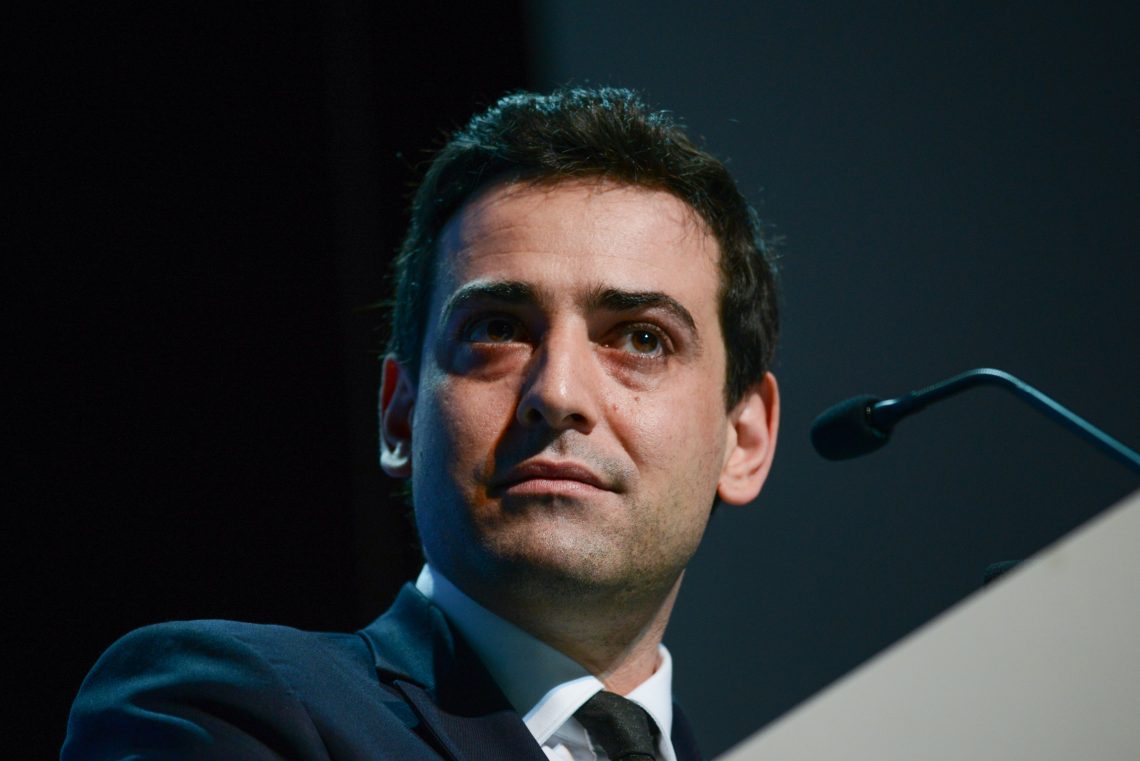
In December 2022, a scandal involving allegations of corruption of European Parliament (EP) officials by Qatar actually also implicated Morocco. Italian EU lawmaker Pier Antonio Panzeri and several associates were linked to Moroccan diplomat Abderrahim Atmoun and Moroccan intelligence, according to investigations by Belgian authorities. The lobbying efforts were reportedly designed to sway the EP in Morocco’s favor.
Subsequently, on January 19, 2023, the EP passed a resolution denouncing Morocco for the unfair trial and imprisonment of journalists and regime critics based on what human-rights NGOs called “fabricated evidence.” The Moroccan parliament responded on January 23 with a vote to “reconsider its relations with the European Parliament,” with Moroccan media insisting that France had influenced the EP’s decision.
Western Sahara
Western Sahara, a vast territory along North Africa’s Atlantic coast, has been the subject of Moroccan sovereignty claims since Spain withdrew in 1973. Rabat’s quest for control over the area has been a persistent point of contention with Algeria, which has supported the Sahrawi independence movement, the Polisario Front, since its declaration of independence in 1976. In Rabat, Algeria’s support for the Polisario Front is seen as a strategic move to curb Moroccan territorial expansion and secure Algerian access to the Atlantic.
The United Nations, through its mission MINURSO, has sought to mitigate hostilities and has advocated for a self-determination referendum since 1991. As an alternative, Morocco offered “extended autonomy” for the region under Moroccan sovereignty. However, the proposed referendum has stalled, with both sides attempting to sway the demographic balance in their favor, leading to a stalemate. France, while backing the UN’s efforts, has historically supported Morocco’s position at the UN, countering Algerian-led destabilization attempts.
Things changed in December 2020. United States President Donald Trump, in a complete reversal of the U.S. position, recognized Morocco’s sovereignty over Western Sahara in exchange for its signing of the Abraham Accords on Arab-Israeli normalization. Some 60 other countries, including Germany, Spain and Israel, followed suit. But not France.
Source : GIS


